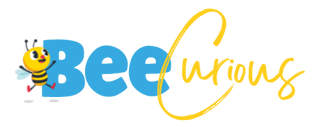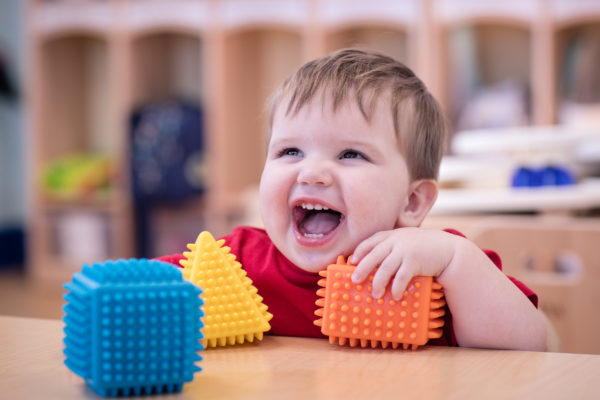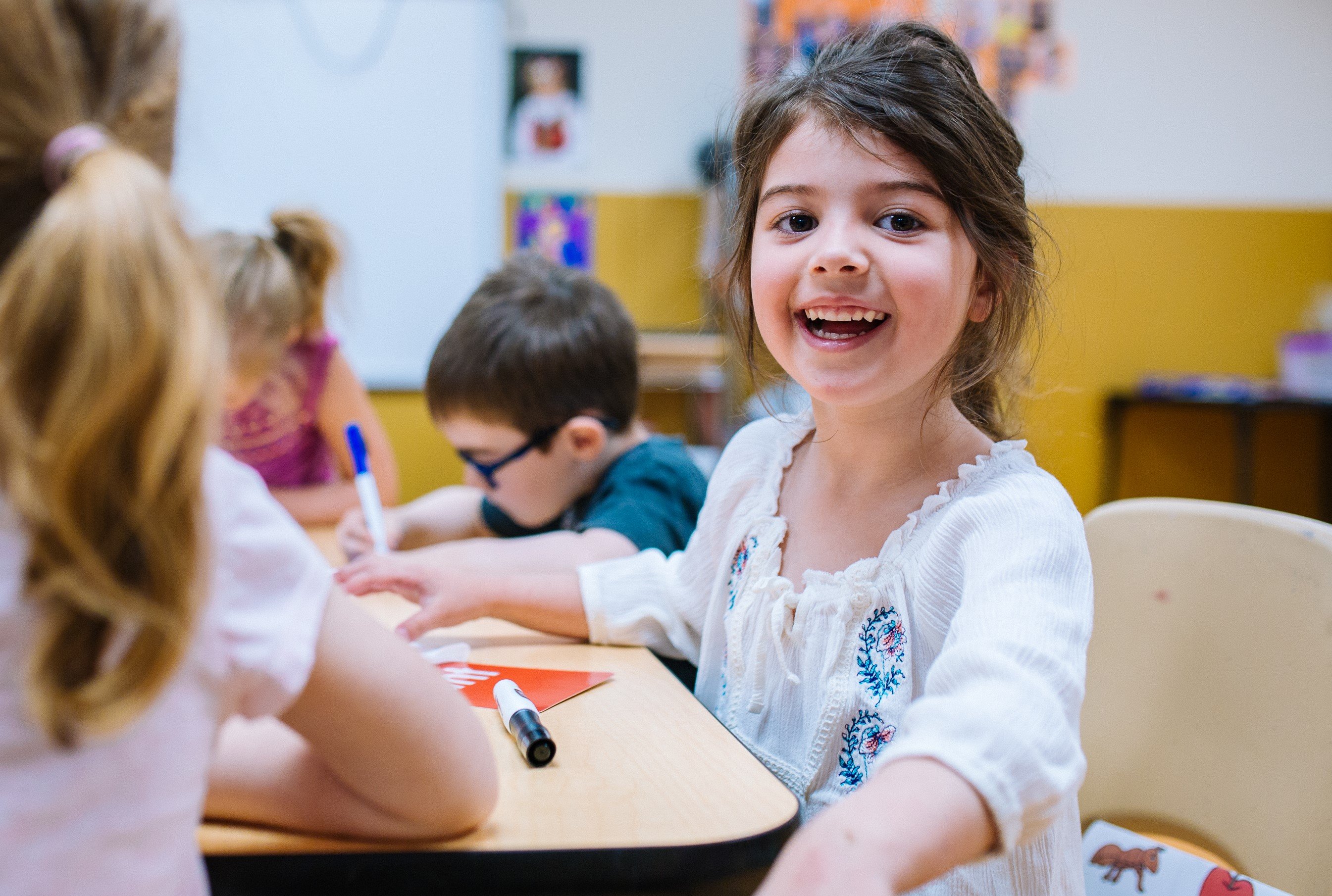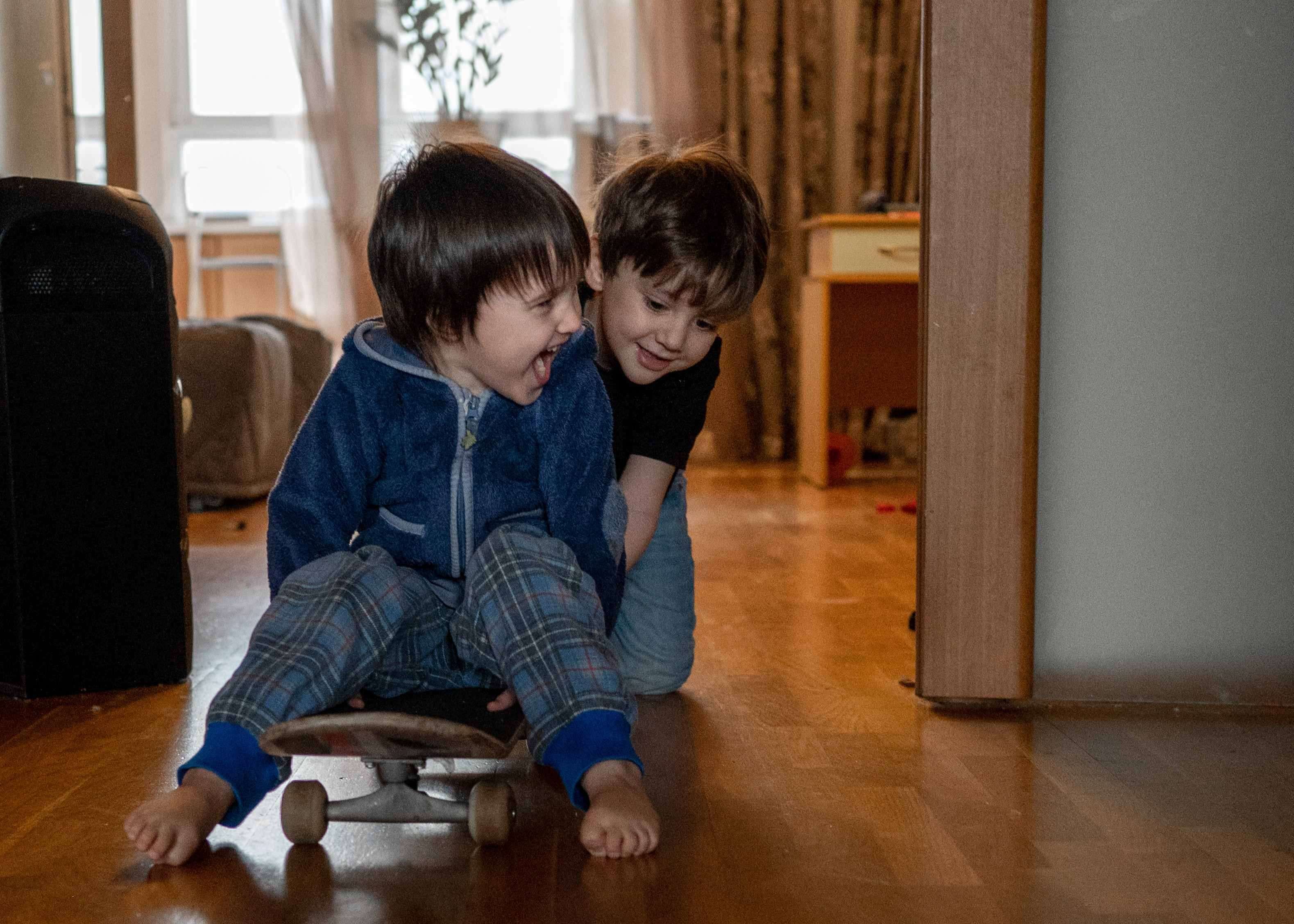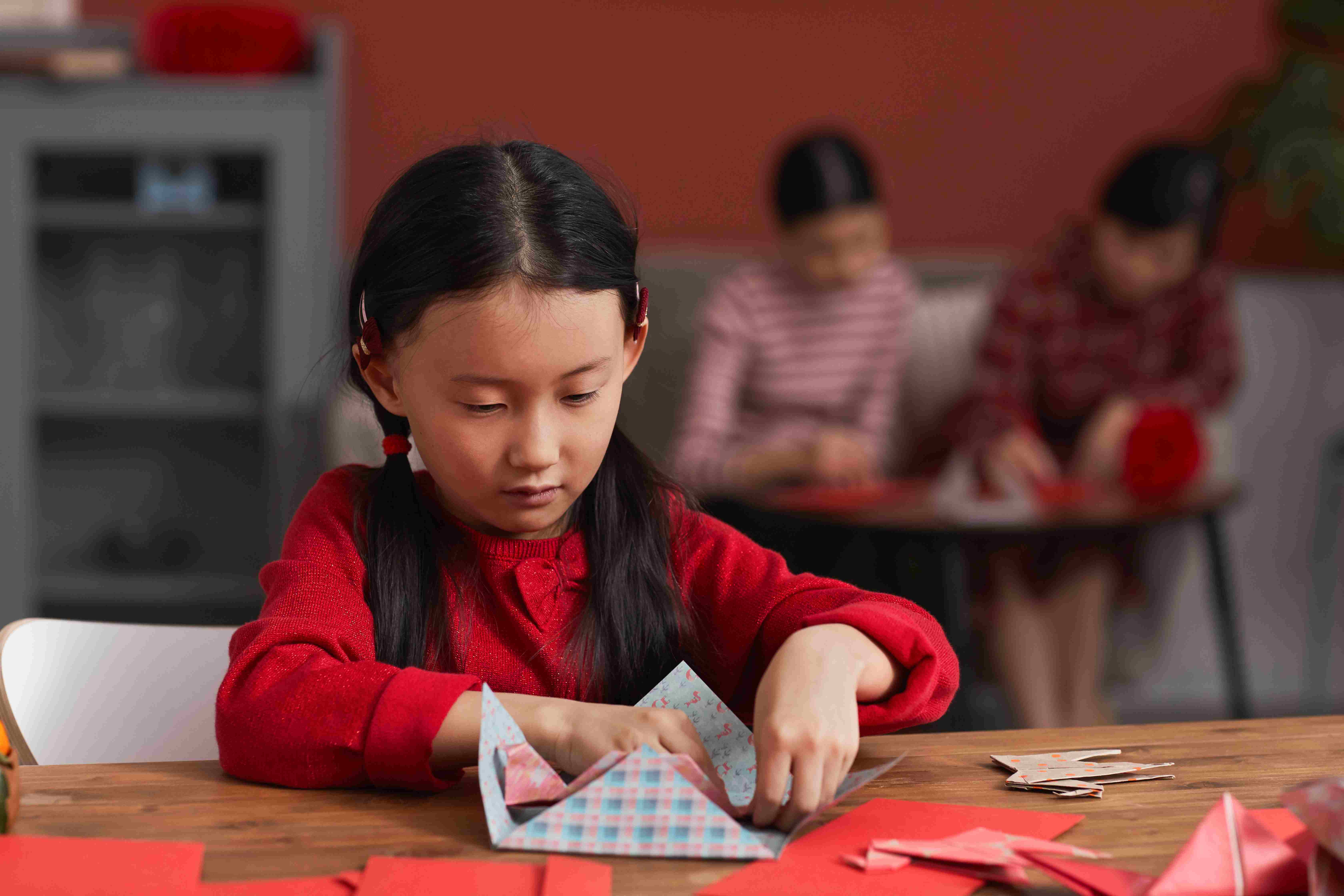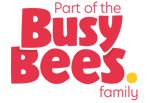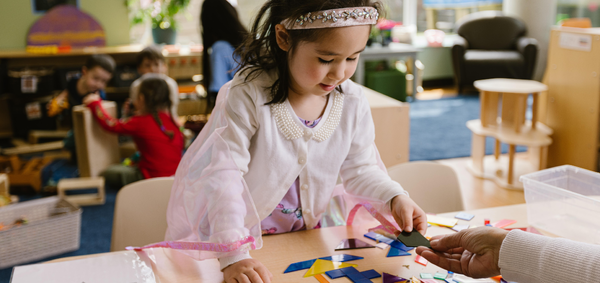
BeeCurious Curriculum Framework
BeeCurious Curriculum Framework
Children are naturally curious! BrightPath’s new BeeCurious Curriculum Framework celebrates learning as a joyful experience and aligns with children’s natural curiosities. It provides children autonomy through choices, guided explorations, and multiple forms of expression. Curiosity is captured through anecdotal records and educator observations as the children explore, create, discover, and dive into learning. Through play-based learning, inquiry learning is nurtured. The new Learning Framework allows children to explore the world around them, examining their environments and fostering their innate curiosity through hands-on interactions of their individual journey of learning.
It creates awareness of self, others, cultural diversity, global stewardship, community, and the natural environments. Setting the foundation for self-aware, open-minded, well-rounded children to thrive in a dynamic, diverse, global society.
Holistic Curriculum
The new Curriculum Framework integrates multi-disciplinary elements to create a holistic approach to learning providing children with a plethora of enriching experiences.
-
Daily feature activities include Math Discovery, Creative Discovery, Physical Literacy, Language and Literacy, and Building Connections, through which children learn social-emotional skills and their sense of value and belonging in a learning community.
-
Integrated Activities spread throughout each month include Essential Skills (self-care, self-regulation, problem solving), Sign Language, and Artists of the Month.
-
Enrichment programs are also featured throughout every week. These include:
-
Global Citizenship: Activities that honour diversity, celebrate cultural differences, and build a sense of belonging and worthiness
-
Environmental Stewardship: Activities that guide children to understand the need to care for, respect, preserve and protect all parts of the natural environment
-
STEM: Activities focus on the embedded domains of science, technology, engineering, and mathematics, building creativity, critical thinking, and problem-solving skills
-
.png?width=1215&height=2160&name=Curriculum%20snippets%20(1080%20%C3%97%201920px).png)
Inspiring Learning Environments
Our environments are intentionally designed with traditional learning areas such as blocks and building, dramatic play, sensorial, and creativity with new added focus on ethnic & cultural, science & nature, math & manipulatives, and language & literacy. Additionally, our environments are created using natural materials, including wood, stone, and recycled plastic to provide children with more sensory-rich experiences while continuing to be an environmentally friendly and sustainable company.
Warm learning areas are created to encourage small group interaction, and more focused, engaged exploration. Learning areas are supported with authentic, real-life items to ignite curiosity and motivation for children to explore.
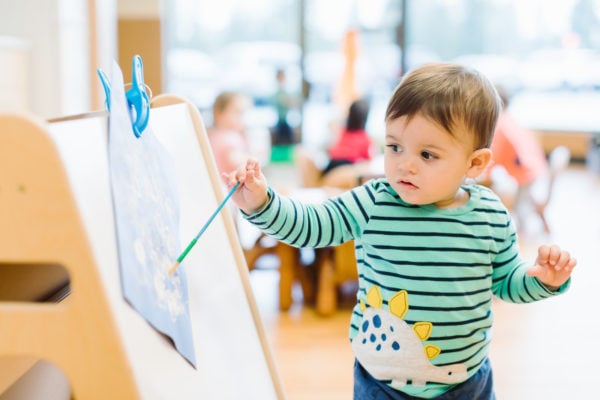
Intentional Teaching Practice
The educator’s delivery of this curriculum is fundamental to its success. It includes supporting children to discover themselves and their surroundings, guiding possibilities and nurturing personalized learning discoveries, while broadening social skills and emotional intelligence. Educators will support education that does not separate play from learning but draws upon the common ground in order to promote creativity.




